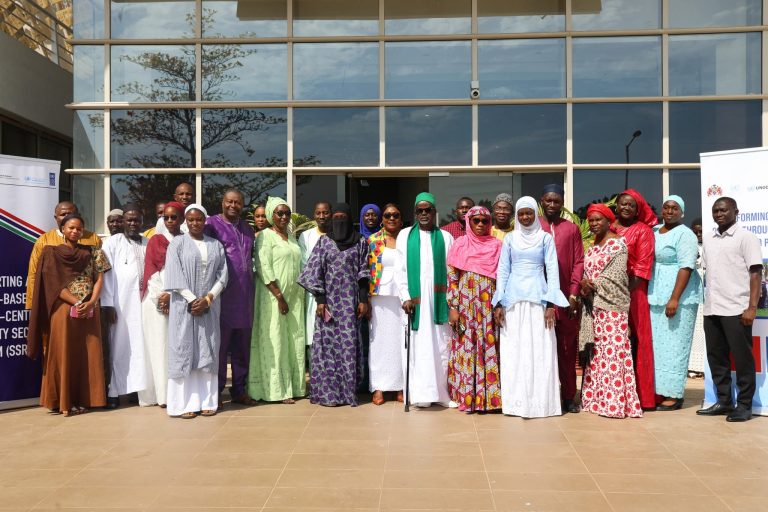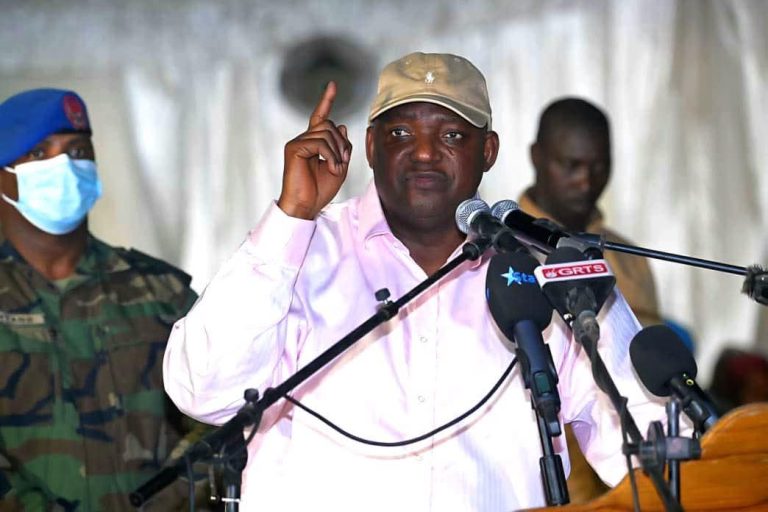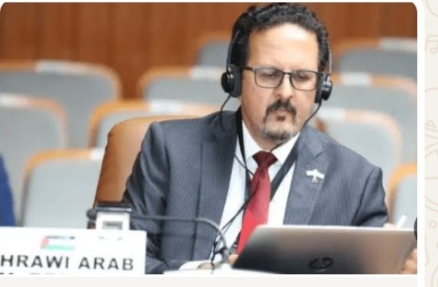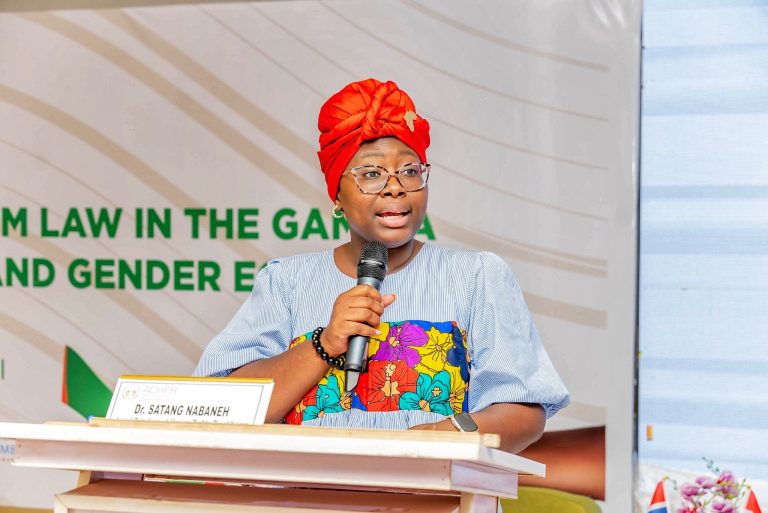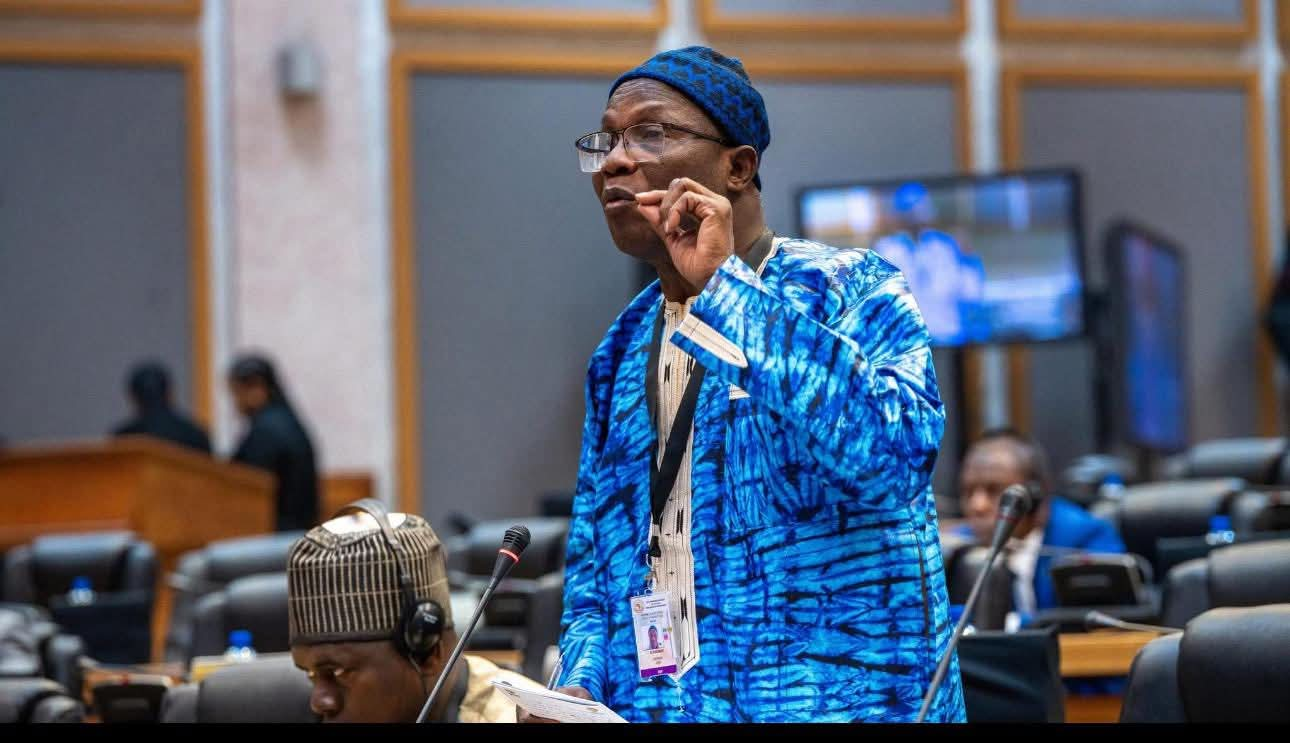
Members of The Gambia delegation to the Pan-African Parliament (PAP) have actively participated in the recent P20 Symposium organised by the Pan-African Parliament, advocating for decisive action on climate change, agricultural transformation, industrialisation, and equitable trade across the African continent.
In his intervention, Hon. Sulayman Saho emphasised the severe impact of climate change on the continent, stating: “Climate change is real. It’s destroying African agriculture, disrupting rainfall, spreading disease, and threatening livelihoods.” He expressed concern over the lack of commitment from the international community, urging African nations to take responsibility for their own solutions. “Our people are dying. Our farms are drying. Can we really afford to wait for the West?” he asked.
Hon. Saho commended Ethiopia’s large-scale reforestation efforts and called for a coordinated, Africa-led response to environmental challenges. “This is the year of action. Africa for Africans—at home and abroad,” he declared.
Hon. Sawaibou Touray underscored the importance of empowering smallholder farmers in the region. “In West Africa, the land belongs to smallholder farmers. If we support them, they can feed Africa,” he said. He called for stronger support mechanisms, including access to finance, promotion of cooperatives, and agro-industrialisation to ensure value addition to agricultural products.
Citing Senegal’s groundnut processing sector as an example of regional collaboration, Hon. Touray also advocated for fair trade partnerships and challenged the inequities of international trade systems that place unfair barriers on African produce.
Hon. Fatoumatta Njai highlighted the paradox of Africa’s agricultural potential amid persistent food insecurity. “We hold 60% of the world’s arable land, yet we are home to the world’s poorest and hungriest citizens,” she noted. She identified poor infrastructure, post-harvest losses, and limited access to capital as major constraints facing farmers.
Hon. Njai urged legislators to bridge the gap between rhetoric and results. “We must turn speeches into strategies and forums into action,” she said, calling for concrete policy interventions and meaningful private sector engagement.

